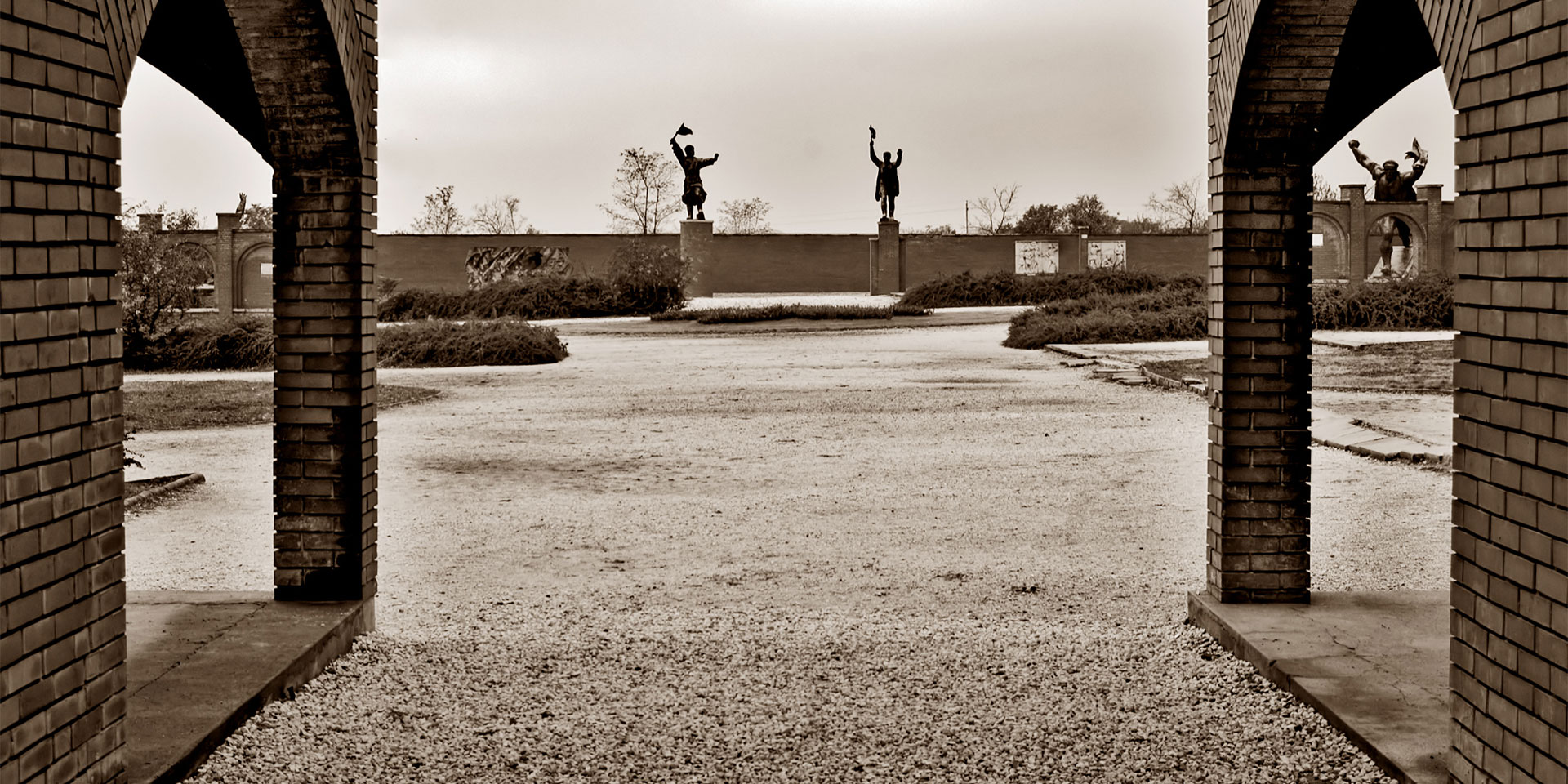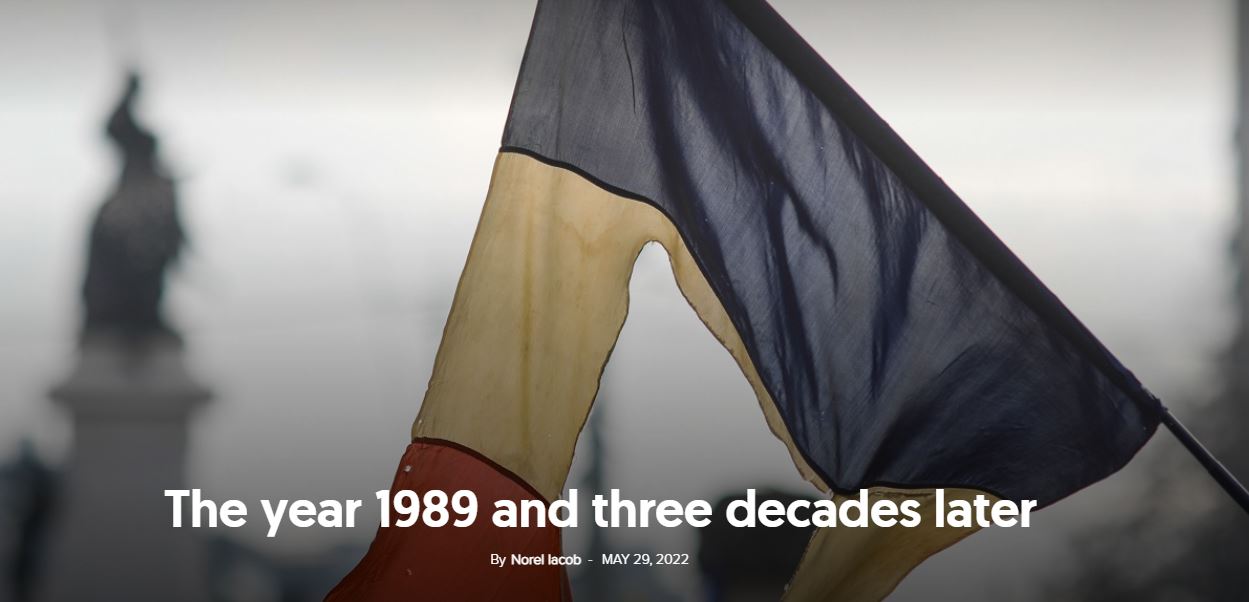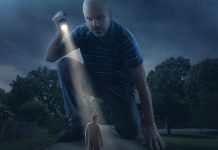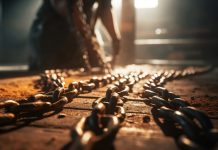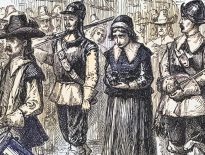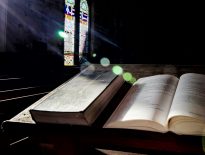The biggest surprise of 1989 was the speed with which the communist regimes in Europe collapsed. Their collapse occurred as quickly as their establishment. Two personalities played an undeniable role in undermining a communist regime that seemed to be eternal.
Pope John Paul II (1920-2005), Polish
The historic election in 1978 of a Pole (Karol Józef Wojtyla) to the position of sovereign pontiff radically changed the geopolitical and spiritual data of the world. He was the first pope of an origin other than Italian since Pope Adrian VI (that is, since 1522). His 26-year pontificate (October 1978 – April 2005) is considered the third longest in the history of the Catholic Church, after the activity of Saint Peter (estimated between 34 and 37 years long) and that of Pius IX (31 years).
His first pilgrimage to his native Poland was the turning point. “That was the detonator,” said General Jaruzelski, the last president of communist Poland. Even Karol Wojtyla’s opponents have acknowledged that, although he was never an obvious part of the resistance, he brought about a fundamental change through the message to his fellow citizens.
The flame was lit and it spread from one end of Poland to the other. Many consider today that, without Pope John Paul II, the Solidarity Union would not have existed. Without Solidarity, there would have been no Gorbachev. Without Gorbachev, one could not speak of the fall of communism.
Mikhail Sergheyevich Gorbachev (b. 1931), Russian
Leader of the Soviet Union between 1985 and 1991, Gorbachev made a decisive contribution to the collapse of the regime on which it was built. The perestroika (reconstruction) and glasnost (opening), which he initiated and promoted, were the elements that constituted a fatal blow to the communist camp. His systematic attempts to democratise the USSR led to the ultimate undermining of the power of the Communist Party, but also of his own position.
At a meeting in 1989, Gorbachev told Pope John Paul II: “We welcome your mission on this high altar, we are sure that it will leave a great footprint in history.” After the pope’s death in 2005, Gorbachev said of the pontiff that he “is a remarkable example to all of us. (…) It must have been the will of God. He acted really courageously.”
For his contribution to the end of the Cold War, Gorbachev received the Nobel Peace Prize in 1990. In his own country, he does not enjoy the same appreciation. Many people who are nostalgic for the supremacy of the Soviet Union blame him for the disintegration of the socialist bloc.
In 2014, Gorbachev seemed determined to return to the public eye, supporting, surprisingly, Vladimir Putin’s policy, who not long ago stated that “the demise of the Soviet Union was the greatest geopolitical catastrophe of the century.”












